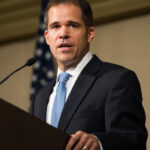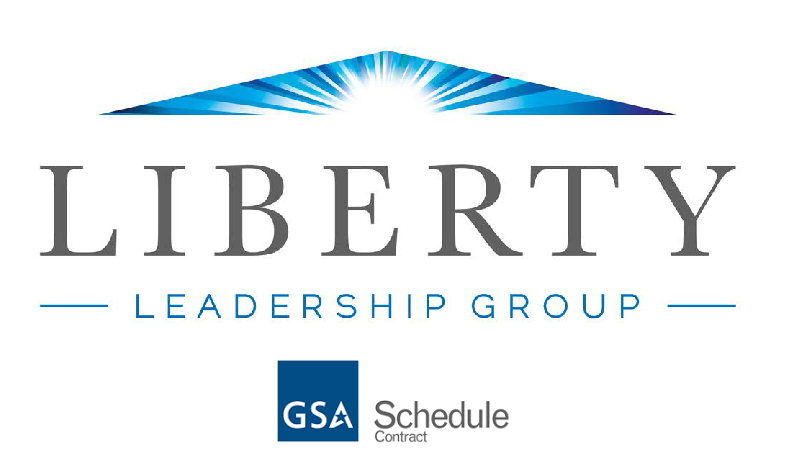
Coaching
What is Coaching?
Coaching can be an essential factor in developing leadership capacity in any organization. Coaching is not consulting, counseling, mentoring or training. Instead, coaching is a creative and transformative process that involves self-reflection, questioning existing mental models and assumptions, letting go of beliefs and habits that undermine effectiveness, and establishing new paradigms and practices that maximize both professional and personal potential. Coaching is particularly beneficial for leaders who face uncertainty and expanding complexity in the world in which they operate.
Does Coaching Work?
According to extensive research conducted by the International Coach Federation reported through their Global Coaching Client Study, “the vast majority of companies (86%) say they at least made their investment back. In fact, almost one in five people (19%) saw an ROI of 50 times their investment, while a further 28% saw an ROI of 10 to 49 times the investment.” Coaching works.
Our Coaching Process
1) Establish and Build the Coaching Relationship. It’s easier to learn from someone you trust. Coaches connect with clients and build trust by being clear about the learning and development objectives they set, showing good judgment, being patient and following through on any promises and agreements they make.
2) Provide Assessment. Helping leaders increase self-awareness and insight is a key job for a coach. In addition to our initial intake questionnaire, we utilize a suite of leadership assessments, both self- and multi-rater instruments, to provide 360-degree data.
3) Involve Stakeholders. In addition to assessment instruments, our process includes having the leader identifying a handful of key stakeholders who have a vested interest in his or her success. This list may include one level up, direct reports, peers and internal clients. From their unique perspectives, the stakeholders provide input relative to suggested development areas and competencies to leverage for the leader.
4) Identify and Prioritize Key Focus Areas. In concert with the coach after analyzing the instrument data and stakeholder input, the leader identifies specific competency areas to develop and to leverage.
5) Develop a Fluid Action Plan. An initial plan is crafted with specific actions and commitments that support the key focus areas. The coach helps the employee set meaningful goals and identify specific behaviors or steps for meeting them. The coach helps to clarify milestones or measures of success and provides a system for accountability for the goals you establish. Over time, additional activities may be added to further enhance the leader’s effectiveness in the key focus areas.
6) Challenge Existing Paradigms and Assumptions. Thinking about thinking is an important part of the coaching process. Coaches ask open-ended questions, push for alternative solutions to problems and encourage reasonable risk-taking.
7) Support, Encouragement and Accountability. As partners in learning, coaches listen carefully, are open to the perspectives of others and allow clients to share without judgment. They encourage clients to make progress toward their goals, and they recognize their successes. In addition, the client and coach have enrolled the key stakeholders in the process and solicit feedback and suggestions from them throughout the coaching engagement. This component of the process generates additional accountability and support for the client to implement his or her action plan.
8) Drive for Results. Effective coaching is about achieving goals and making changes that support the leader, his or her team, and the organization. Executing the action plan, monitoring results and measuring impact is critical. Results and impact are identified through self-report and more importantly, stakeholder feedback relative to the selected focus areas.
Investment
We offer specific programs for Senior Executives, Senior Leaders, and High Potential Individuals who are preparing to assume leadership roles in their organizations. Pricing varies according to the client’s leadership level and the length of the coaching engagement.
For more details about our coaching programs and respective investment options, email us at: contact@libertyleadershipgroup.com.
